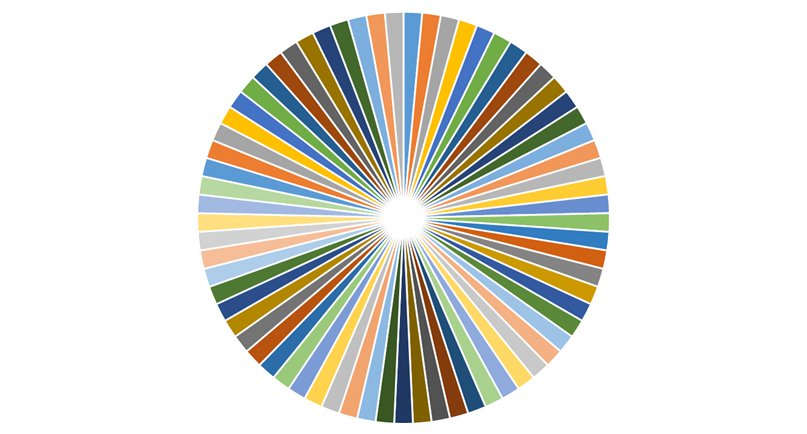Event Planner’s Tips for Productive Multitasking
Multitasking is synonymous with event planning. Just the act of planning requires event planners to focus on multiple assignments, sources of information, deals, deadlines and so much more. The key to continuous success lies in the ability not so much in the ability to multitask – but to do it productively!
In our earlier article, 7 Qualities Every Great Event Planner Should Possess, we stated that “Multitasking is an essential process, when working as an event manager, as you are going to switch your attention back and forth between different assignments”. We are sorry to say it, but it is more of an industry curse, than a requirement. Though great event planners know how to properly utilize the need for multitasking, to become a more productive event planner.
According to research, what most people label as multitasking might actually be task-switching instead, and it cuts work productivity by up towards 40%! Think of your time as a pie. You can cut it however you like, but cut it into too many pieces, and it will be all mushy and not resemble a pie at all.

Does this pie look productive to you?
HOW TO WORK PRODUCTIVELY
The many studies about multitasking are bad news for event businesses and independent event planners. There is still help for those who need to multitask. Do know there are situations where you cannot avoid doing multitasking or task-switching simply because of how the industry works right now. Sometimes an urgent call from a client in distress needs your attention more than the big proposal for another client. Below are a few helpful tips to help you become more productive while event planning.
- Eliminate distractions – Keeping the brain focused can often be very hard when it is being distracted by other sources of noise. Eliminate those distractions before they occur. “Build fences” to limit distractive sources such as private phone, social media, radio and chitchatting co-workers. Make a list over a week, where you make notes each time you get distracted by something or someone. Review it after the week is over. Is it the co-worker, songs from the radio, or a work related situation that takes away your attention from your task?
- Plan to avoid it – Build a schedule with your tasks and prioritize the tasks on their importance. Focus on keeping it short, because if you have 10-20 priorities, then you don’t really have priorities. Also make another short sub-work-list of small things you can do, while waiting for another job to be completed. Try not to write tasks on the sub-work-list that potentially could be time consuming (looking at you Social Media). Read our “Work Faster and Smarter as an Event Planner with Technology” where we suggest Trello as tool to plan tasks and projects.
- Work on related tasks – Multitasking is not productive since the brain needs to pause and adjust to the new incoming task. The secret is to work on related tasks since it removes the need for your brain to make pauses. Think about it – if you are writing a long reply to a client, don’t you feel like, you have to use some time to pick up from where you left off after being interrupted by a phone call? Cooking is a great example of how working on related tasks produces productivity. Could we learn multitasking from a master chef?
- Build a routine – One way to multitask efficiently is to build a routine of daily occurring tasks such as checking emails, getting coffee, making priority lists etc. Once something becomes routine, it is easier to do it efficiently, even if you are not totally focused. Maybe make it a routine to check your mail maximum of three times a day, or when all your priorities are completed.
- Time for reflection – Catch yourself literally staring at your screen with a blank expression? Then it might be time for a break. A study by DeskTime, a real-time automatic time tracking software which tracks and analyzes your productivity, suggested that their most productive employees worked for 52 minutes, then had a break for 17 minutes. The secret is not working hard, but working smart.
CONCLUSION
Trying to get several cows into the pen is everyday work for event planners, but the research is clear. Chunk up your work, prioritize what needs to be done today and what can wait, set deadlines for your task, and remove or reduce all distractions. Event planners need to be effective and efficient if they are going to guarantee to make every event a great and unique event. The qualities will a part of the work routine by continuous finding and learning new ways to improve processes and get rid of time-consuming obstacles. In the end, it might also cure some of that stress that is building up from wrongfully using multitasking to complete work “faster”.







